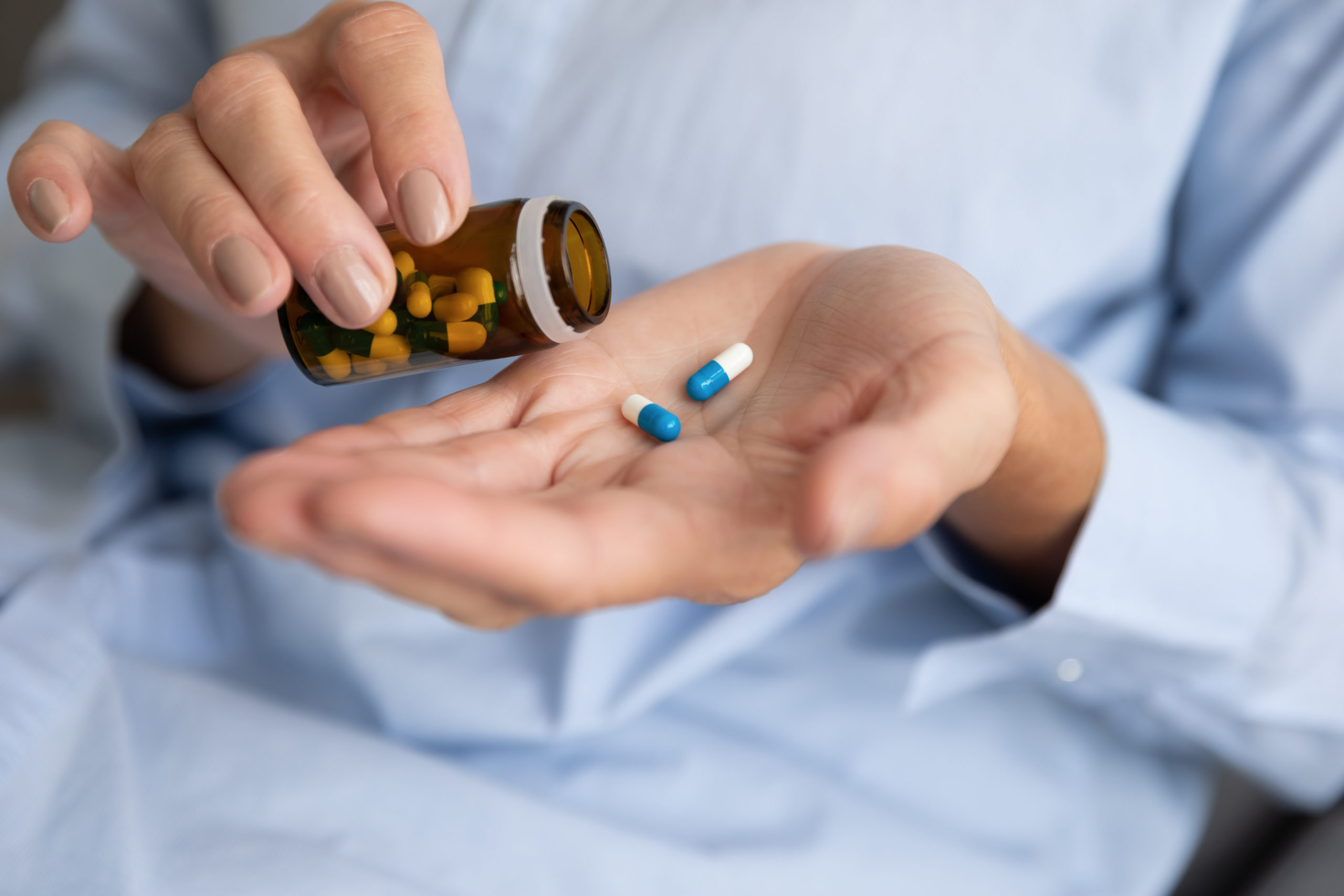Wounds can be slow to heal for a number of reasons, including a person’s age, weight, and nutritional factors or vitamin deficiencies.
But a factor that can affect wound dealing for anyone is a side-effect of certain medications. Bushwick Center for Rehabilitation and Nursing would like to detail the effects medicine has on the speed and effectiveness of healing a wound.
- Antiplatelets (e.g., Aspirin)
Using medication like aspirin can thin the blood and prevent the inflammation phase of healing to begin. It also causes decreased platelet adhesion and activation.
- Nonsteroidal Anti-Inflammatory Drugs – NSAIDs (e.g., Ibuprofen)
NSAIDs are okay in low to moderate doses, but high doses of this medication can cause the wound area to be weak, along with reducing wound contraction.
- Immunosuppressant Drugs (e.g., Treatments for Psoriasis, Rheumatoid Arthritis, etc.)
This class of drugs can weaken the immune system and increase the risk that your wound could get infected.
- Anticoagulants (e.g., Heparin)
These medicines are used to increase the time it takes for blood to clot. They have a similar negative effect as aspirin does on wound healing. They prevent clotting and could cause the wound to bleed too much, requiring medical attention.
- Corticosteroids (e.g., Cortisone, Hydrocortisone, and Prednisone)
These medicines combine nearly every issue we talked about above. They can reduce wound contraction, cause issues with the inflammatory response, interfere with the production of granulation tissue, and increase the risk of infection.
If you suffer a wound that you would deem to be out of the ordinary, a good rule of thumb would be to contact your doctor to ask if the medications you’re taking will have any affect on the wound’s ability to heal.
To learn more about Bushwick Center for Rehabilitation and Nursing and all of the services they offer, visit http://bushwick-center.facilities.centershealthcare.org.






